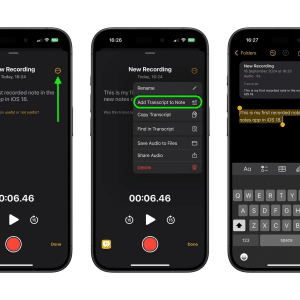The rise of social media platforms in recent years has created a new set of challenges for parents who are trying to navigate the online world with their children. Ohio Governor Mike DeWine is taking steps to address these challenges, with a proposal to require parental consent for kids under 16 to get new accounts on TikTok, Snapchat, and other social media platforms.
The Republican Governor’s two-year budget proposal would create a law that social media companies must obtain a parent’s permission for children to sign up for social media and gaming apps, as well as YouTube, Facebook, and Instagram. However, this proposal would apply broadly to “any online website, online service, online product, or online feature that requires consumer consent to register, sign up, or otherwise create a unique username.”
The Lieutenant Governor of Ohio, Jon Husted, who is driving the initiative, said that the proposal would not apply to “e-commerce” or “online shopping”. Husted further added that “social media companies produce a product that is intentionally addictive to our children and has been proven harmful to kids. Parents should know about it before it happens and social media companies should be held accountable.”
While social media platforms can be a great way for people to connect and share ideas, there are concerns about how these platforms can impact children’s mental health and safety. Therefore, this proposal is an attempt to regulate the impact of social media on the youth.

Companies subject to the proposed regulations would have to produce methods to determine if a user is under 16, and send written confirmation to parents to verify their consent is legitimate. If parents do not sign off on the companies’ terms of service, their children would not be permitted to use the platforms. It is worth noting that the restrictions would apply only to new account creation, and existing accounts of users under 16 will not be impacted.
Social media companies would also have to create an introductory screen known as a “splash page” for age verification. If the user indicates they are under 16, a parent could verify consent by signing a digital form, providing government identification, connecting with “trained personnel” over video chat, using a credit or debit card or another online payment system, or calling a toll-free number. This would add a layer of security to the account creation process, making it more difficult for children to create social media accounts without their parent’s knowledge or consent.
A similar bill has received bipartisan support in the Democratic-majority Connecticut Legislature but hasn’t yet gone to a vote. However, Ohio’s proposal has faced criticism from some who say that it is an unnecessary government intrusion into private companies’ operations. The success of such proposals will depend on whether they strike a balance between protecting children from potential harm on social media and not stifling innovation and growth in the tech industry.

It remains to be seen if other states will follow Ohio’s lead and propose similar legislation to regulate the use of social media by children.












